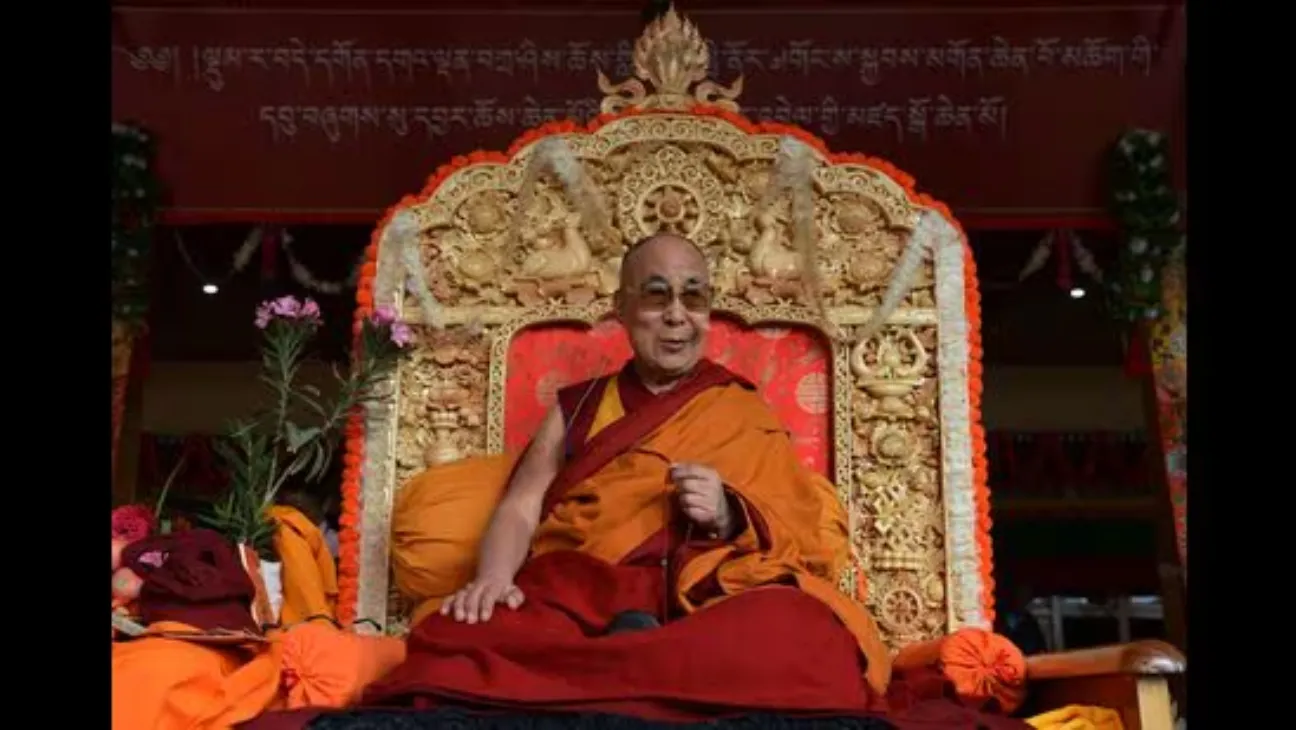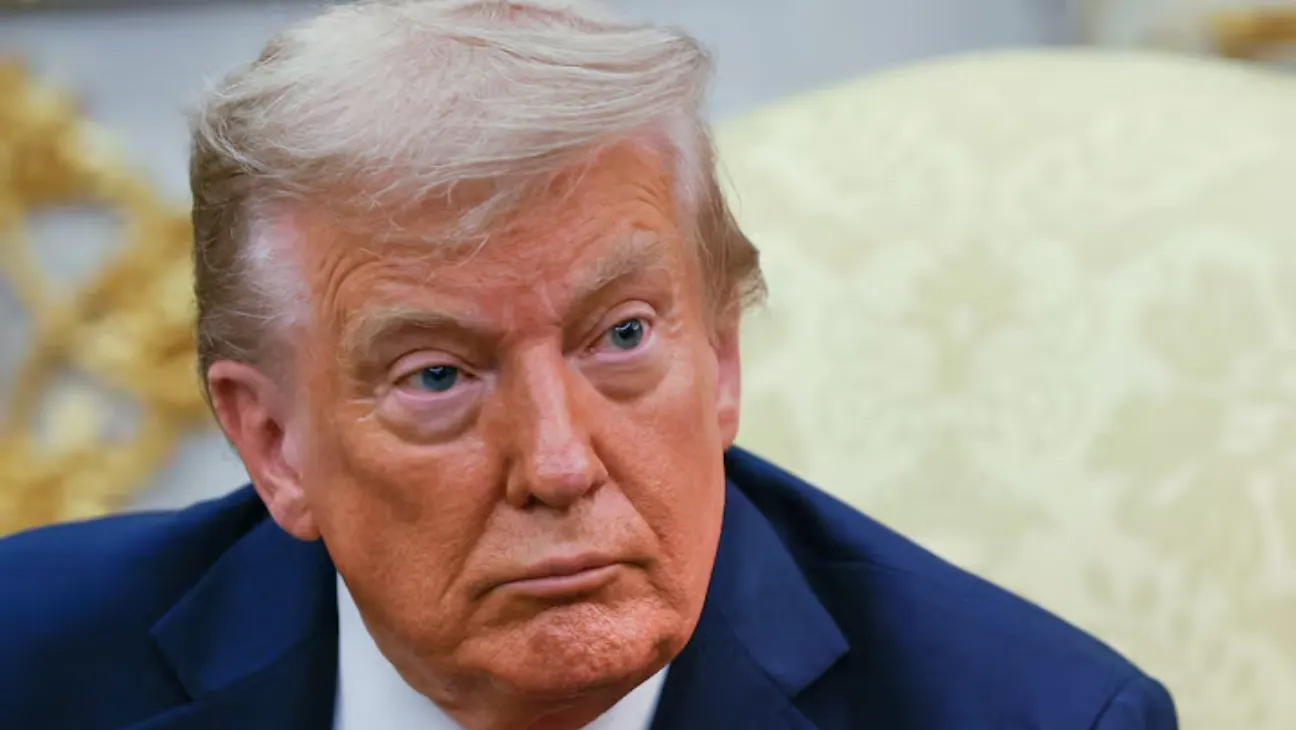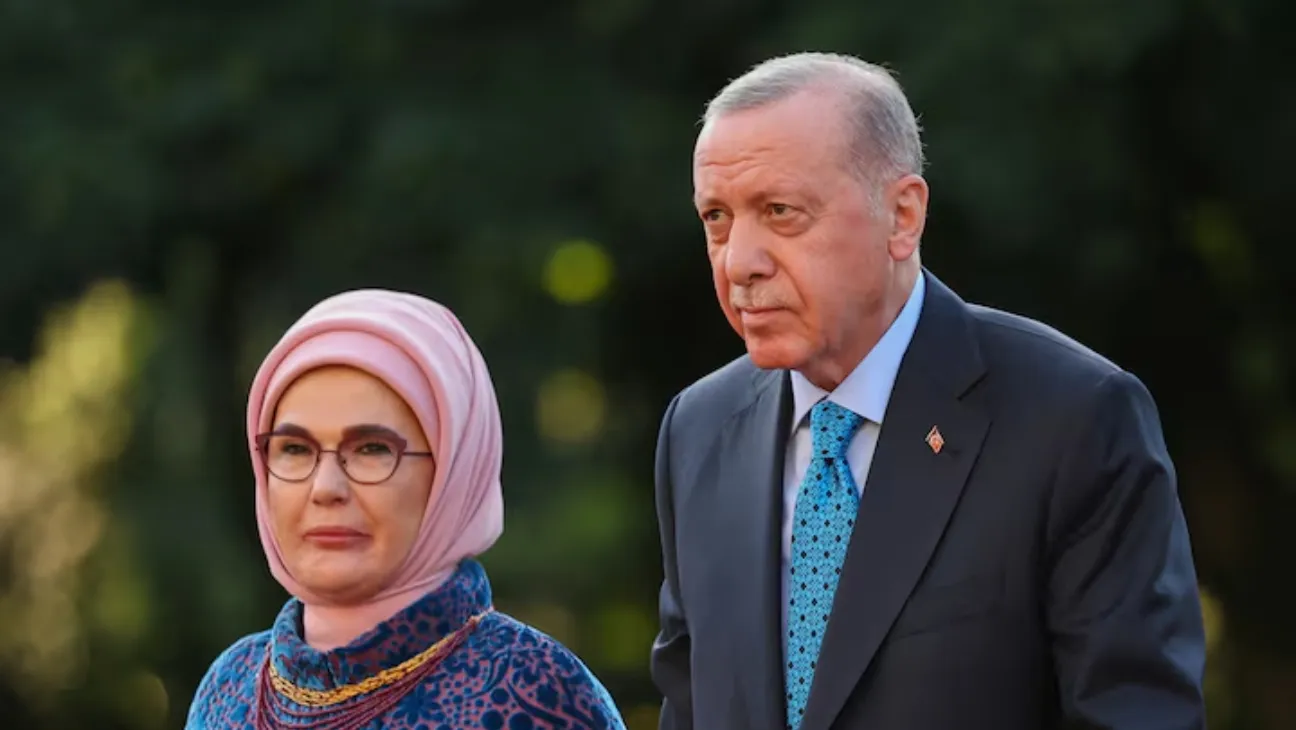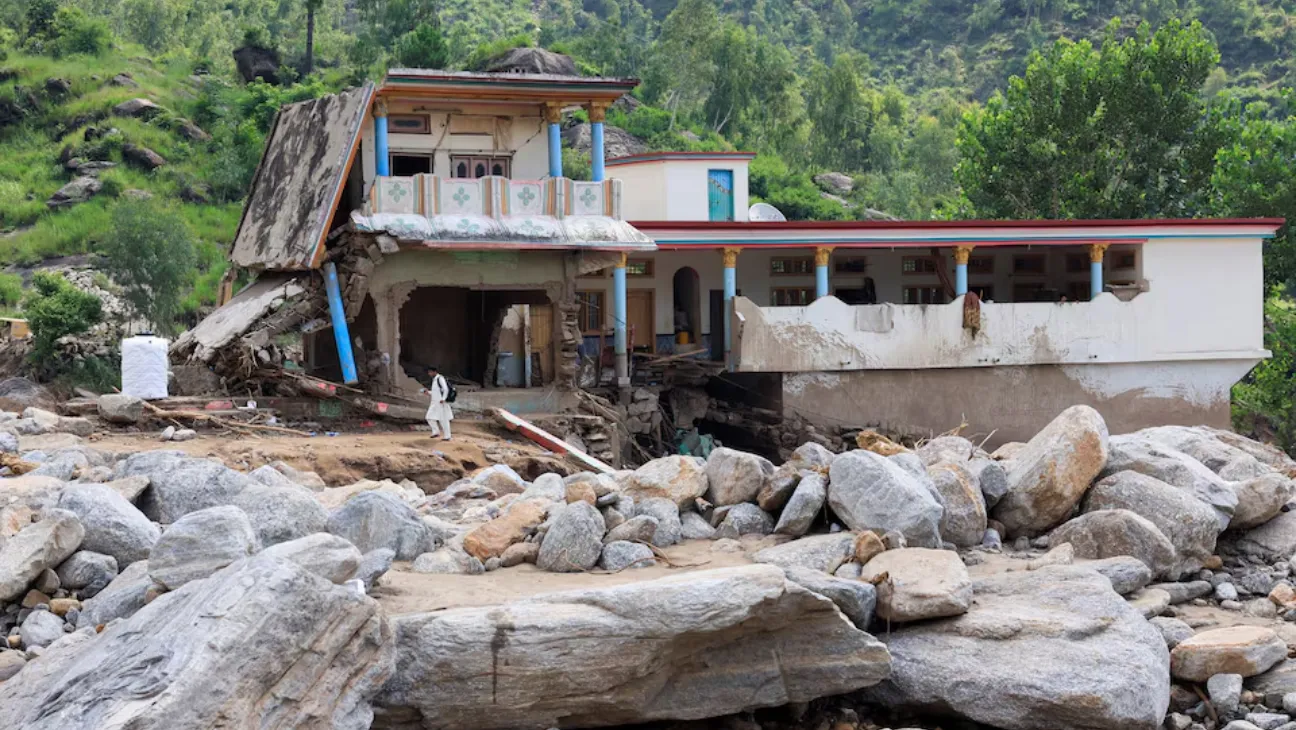India has dismissed China’s assertion that it must approve the next Dalai Lama, saying the matter rests solely with the spiritual leader and the Tibetan Buddhist tradition.
The response followed a statement from Beijing claiming it had the authority to oversee the reincarnation process. On Thursday, Indian Union Minister Kiren Rijiju said that only the Dalai Lama and the conventions guiding Tibetan Buddhism can decide his successor.
“All those who follow the Dalai Lama believe the reincarnation is to be determined by long-held traditions and by his own wishes,” Rijiju said. “No one else has the right to decide.”
Indian Ministers to Attend Dalai Lama’s Birthday
The Indian government announced that Rijiju and fellow Union Minister Rajiv Ranjan Singh, along with Arunachal Pradesh Chief Minister Pema Khandu and Sikkim Chief Minister Prem Singh Tamang, will travel to Dharamshala on July 6 for the Dalai Lama’s 90th birthday celebrations.
Rijiju said their presence should not be seen as political. “This is about respect for a deeply significant institution,” he added.
India has made its stance clear: picking the next Dalai Lama is about religion, not politics.
Dalai Lama Clarifies Succession Process
Speaking at a religious conference in McLeodganj earlier this week, the Dalai Lama said the institution of the spiritual leader would continue after his death.
He made it clear that a trust he set up will be the one to find the next Dalai Lama—and that China will have no say in the matter.
This finally puts an end to years of questions that started back in 2011, when he first said he’d decide by his 90th birthday if the role should even continue. And guess what? That birthday is this weekend.
China Reasserts Control
Of course, China had something to say about that almost immediately. Their Foreign Ministry spokesperson, Mao Ning, basically laid out the official rulebook.
She said that when it comes to the Dalai Lama or other major Buddhist figures, the successor has to be picked by drawing lots from a golden urn, with the final sign-off coming from the central government.
She added that China’s policy allows religious freedom, but that it also includes regulations on how reincarnations are managed.
Beijing considers the Dalai Lama a separatist and continues to view the selection of Tibetan religious leaders as a matter under state authority.
Some observers expect a split. One reincarnation chosen by Beijing. Another by the Tibetan religious community.
A government official familiar with the issue said, “If China appoints someone, India will not recognize their choice.”
This isn’t just about following old traditions. It’s a much bigger fight over who gets to lead their faith and control their culture. At its heart, this is a raw struggle for power and influence in the region, and right now, neither side is backing down.









